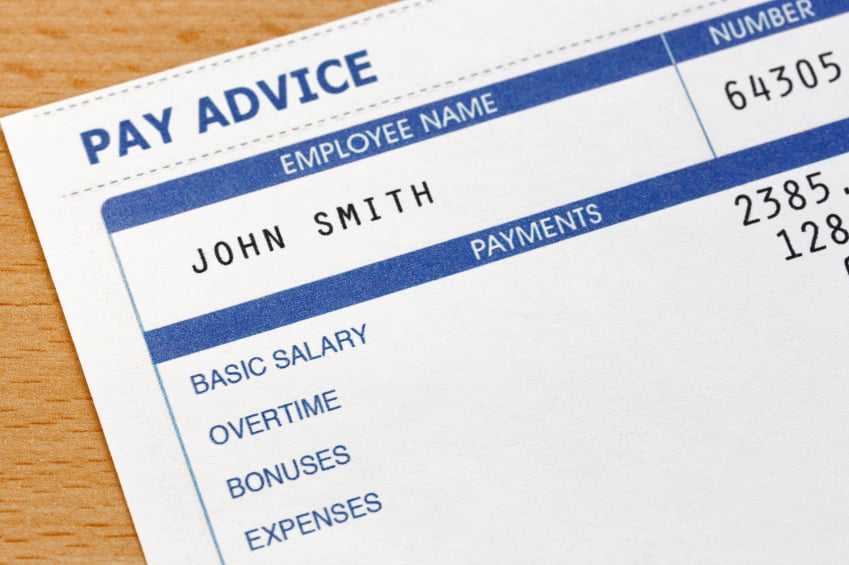
Gossip among co-workers | iStock.com
According to data published on Fast Company, workers in the U.S. have a median tenure of around four and a half years. This means, a typical worker (who lives until the 2011 average life expectancy of 78.7) spends around 6 percent of the years of his life at a particular job. You could get to know a person pretty well during that time. Especially, a person you spend 40 hours each week with.
“Joe’s favorite food is chicken Alfredo” and “Jane doesn’t like it when people use trendy phrases like ‘cray-cray’ or ‘totes’.” You may have learned the types of things that irritate your co-workers, their individual strengths and weaknesses, their sense of humor, and a variety of superfluous information about them. Your co-workers may also have learned this type of information about you, as well.
But, do your co-workers know you as well as say, your roommate or a close friend does? Probably not. Even though you spend a great deal of time with the people you work with, it’s generally unwise to tell them personal information that doesn’t pertain to work. Think of it this way: If you wouldn’t want your boss and the rest of the office knowing something about you, it’s probably best to keep the information to yourself.
Here are five specific things you should not share with the people you work with. Even though No. 3 is more acceptable and legal than ever, you still need to be cautious.
1. Your personal and political beliefs

Donald and Ivanka Trump | Mark Makela/Getty Images
“You want to put some brakes on your conversation,” says author Anna Post in a Wall Street Journal publication. “People assume that others think what they think, that everyone wants to hear their opinion. But politics can really divide.”
2. Medications and certain medical conditions

Pills spilling out of a bottle| iStock.com
If you are in a situation where you have a serious illness and, to perform your job effectively, it’s necessary that you share your medical limitations with your co-workers, this still doesn’t mean you have to tell them your specific diagnosis or medications.
“This may mean that instead of telling co-workers you were recently diagnosed with fibromyalgia, you could say you have a disease that means you will periodically have debilitating fatigue that lasts for up to 48 hours and that you need to figure out a way to accommodate for that without getting in the way of the team’s productivity,” says Forbes.
The goal is to focus on the task at hand, avoid having your illness be a distraction in the workplace, and do everything you can to promote having the office function normal, while still receiving any and all accommodations you need.
3. Alcohol or marijuana use

A cannabis joint | iStock.com
People are still absorbing the whole marijuana legalization concept and it may come as a shock to your co-workers to find out that you get high on your downtime (if applicable).
If you go out to bars and drink alcohol on the weekends — or if you had a wild and crazy night partying last night — you should keep that to yourself while at work, too. This is a touchy subject for people as around 20 million Americans are affected by alcohol or drug dependency.
4. Salary information
 Paycheck | iStock.com
Paycheck | iStock.com
“How much do you make, Joe? What about you Jane? I make $10,000 less than both of you, that’s not fair.” Most career coaches advise against polling your co-workers about their pay.
“The risks include your co-worker becoming jealous of you (or you getting jealous of them when you realize you’re underpaid), your manager finding out you did this and punishing you..or your co-worker blabbing what you make all around the office,” says career coach Nicole Williams, the connection director for LinkedIn in a Forbes publication.
If you feel you are being unfairly treated or you are severely underpaid, you have the option to ask those around you but you have no real way of knowing whether or not they are telling you the truth. Also, what are you going to do with the information? If you want a raise, it’s probably best to show your employer you deserve more money because of your skills and work ethic, and not because Joe and Jane make more money than you do.
5. Financial or family problems

Cash | Ian Waldie/Getty Images
No comments:
Post a Comment